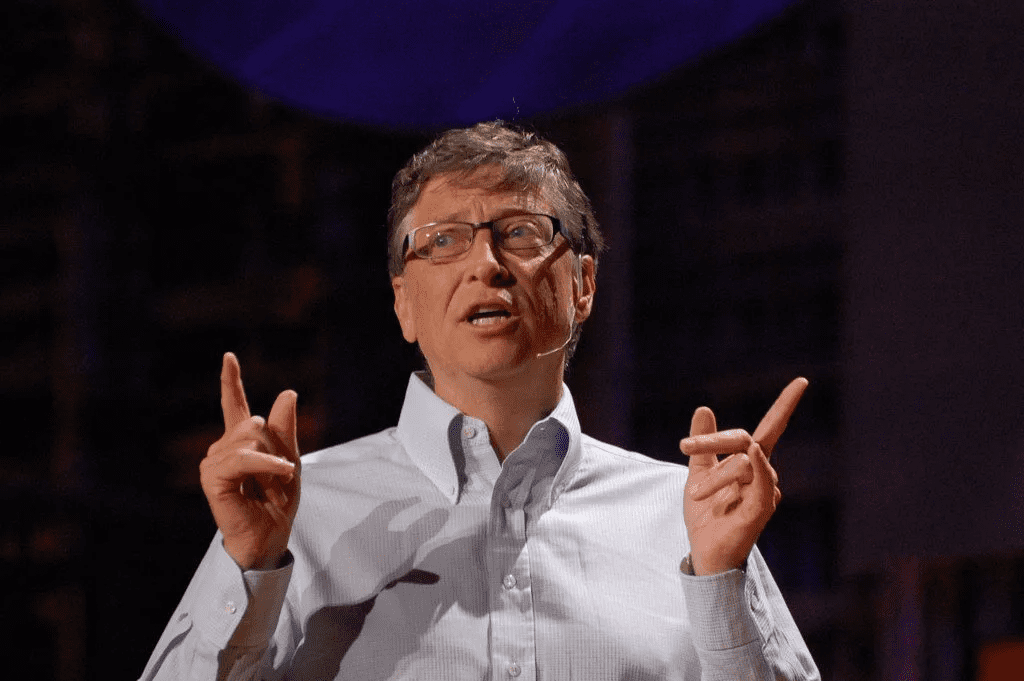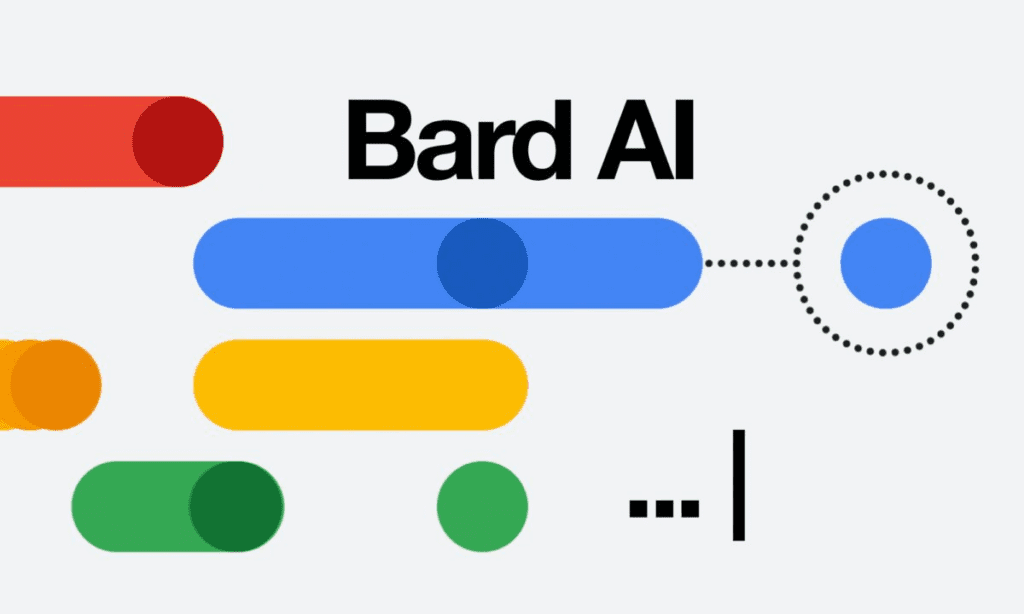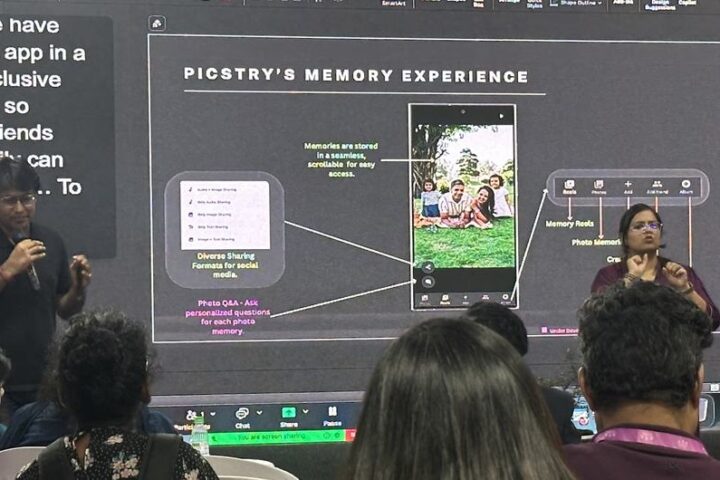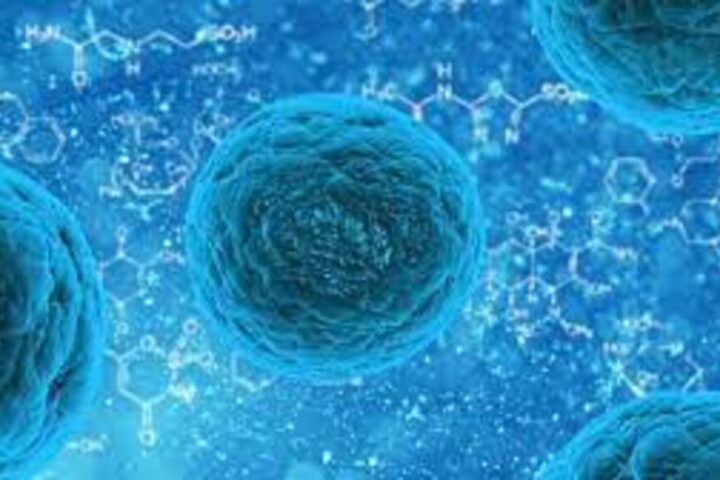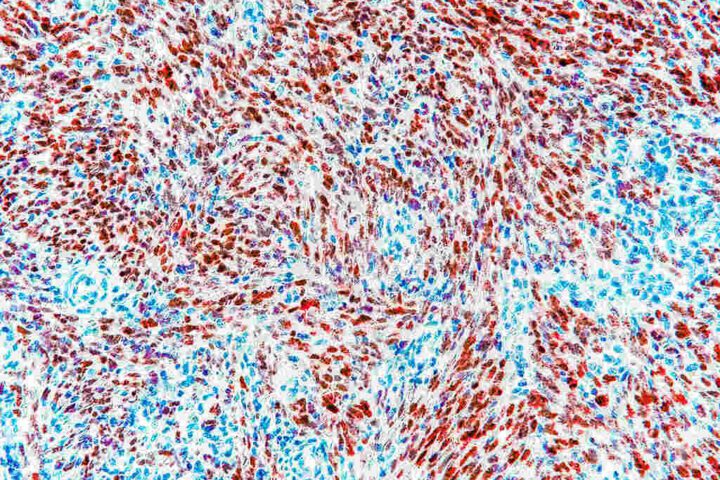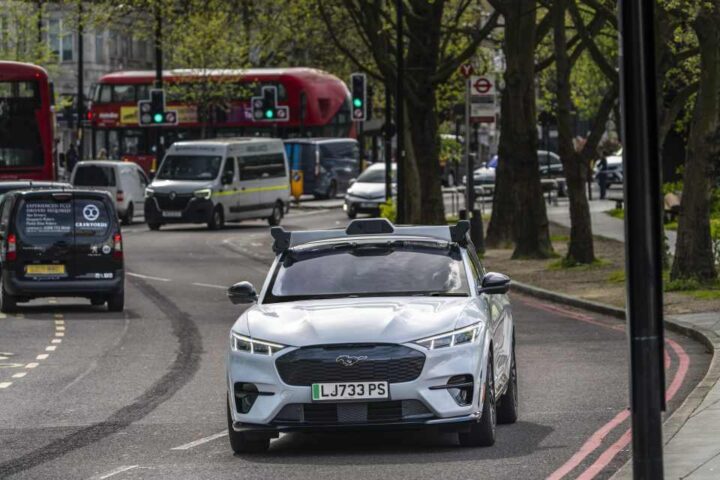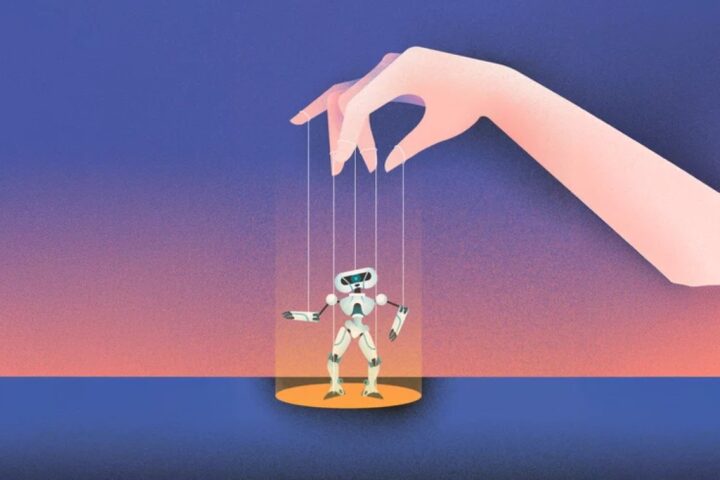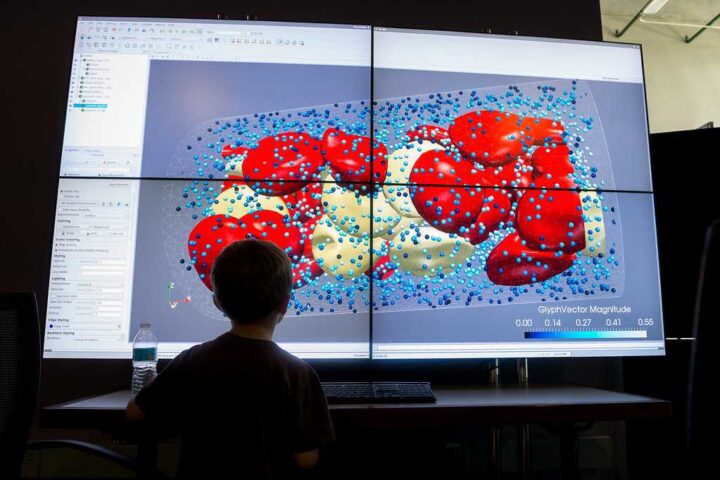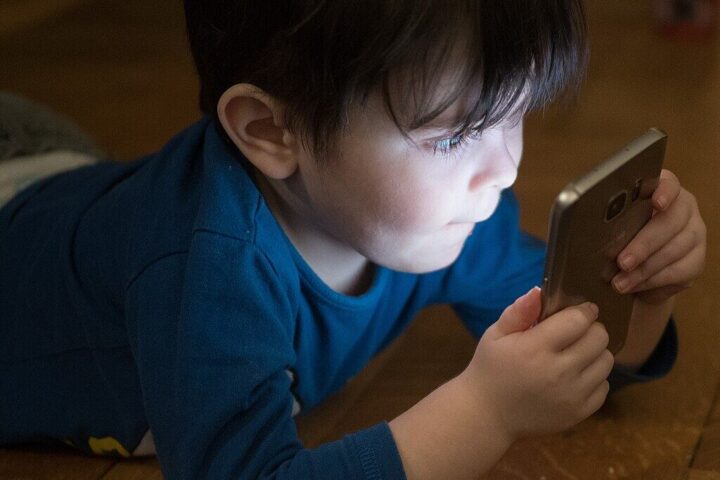Co-founder of Microsoft and a leading advocate for technological advancement, Bill Gates, has recently challenged OpenAI to push the boundaries of AI by training ChatGPT, a large language model, to pass an Advanced Placement (AP) biology exam. Gates believes that AI will drastically change the way we live and work, and he sees the development of super-intelligent AI as an inevitability in our future.
Gates compared the human brain and AI, bringing up the disparity in the speed of electrical signals between the two. Gates claims artificial intelligence can help reduce some of the world’s worst inequalities, like education and climate change. Gates sees AI specifically beneficial in the areas of global health and education, enabling healthcare workers to be more efficient and allowing patients to receive basic triage and advice on health problems.
To reach this goal, Gates has asked OpenAI to make ChatGPT capable of answering questions it hasn’t been particularly trained for, pushing the limits of AI’s capacity for critical thinking about complex scientific concepts. Gates’ challenge not only showcases the capabilities of AI but also an indication of its potential to revolutionize the field of education. Gates believes that AI will enhance productivity by empowering individuals to work more efficiently, increase their productivity, eventually replacing the need for pointing and clicking and enabling computers to understand and respond to plain English.
Gates predicts that AI will make it possible to create personal agents that can help with scheduling, communications, and e-commerce across all devices. However, privacy concerns regarding personal details being accessed by insurance companies need to be addressed. Gates mentioned three books for further reading on the subject: Superintelligence by Nick Bostrom, Life 3.0 by Max Tegmark, and A Thousand Brains by Jeff Hawkins.
